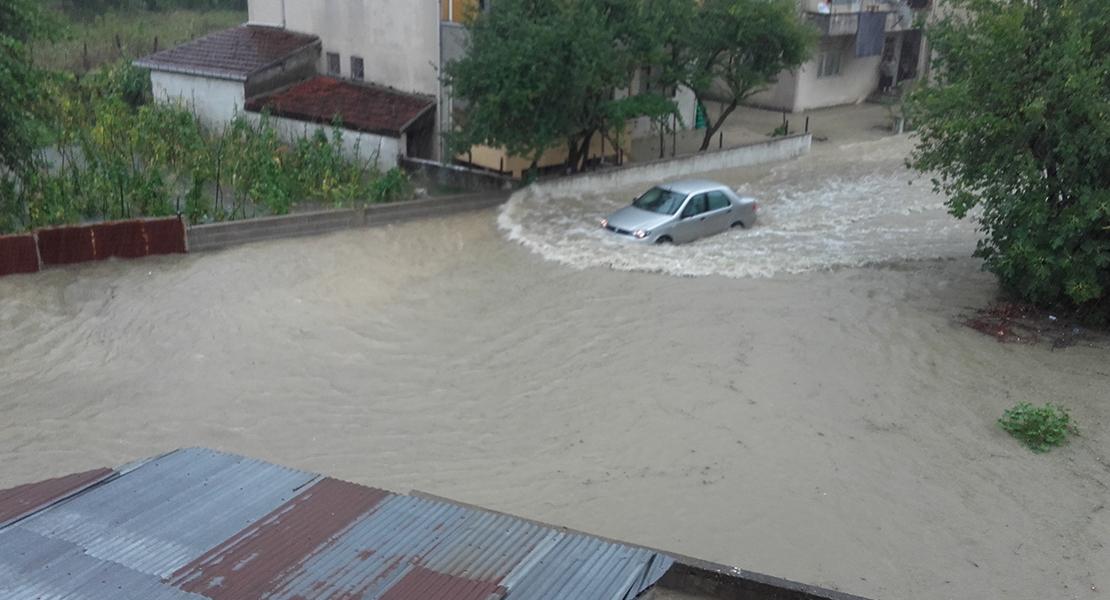
Implementing the right to water and sanitation and ensuring access to safe drinking water and sanitation in crisis situations
Ensuring universal access to water (in rural areas),
Ensure sustainable agricultural practices, including water productivity and efficiency, reduction of diffuse pollution and reduction of food losses,
Engage and empower rural communities to be the engines of socio-economic development through water, Reduce the rural-urban divide to curb migration, Harmonize the rural-urban divide to curb migration,
Implement IWRM at all levels (6.5),
Strengthen North-South, South-South and triangular cooperation in science, technology, innovation, data and information sharing and capacity-building. , Strengthen multi-stakeholder partnerships
Implement the principles of good water governance, including participatory decision-making, Establish effective, accountable and transparent institutions at all levels and promote integrity,
Increasing the rational use and sustainable management of water through science, technology, innovation and education
Mobilizing additional financial resources and promoting innovative financing mechanisms,
Climate change
The Directorate-General for The Development and Conservation of Agricultural Land
Gov/Local Authority
NGO
other
The transformations of ecosystems, societies and rural territories caused by climate change and globalization can exacerbate competition between uses and generate conflicts over land and certain limited natural resources or with high added value potential.
These issues appear particularly prominent in the current Tunisian context, marked by major socio-political upheavals since the 2011 revolution, plagued by strong economic inequalities and "short-termist" logics of natural resource management and facing a significant climate threat to certain crucial resources (water, soil and biodiversity in particular).
To address these challenges, the Tunisian Ministry of Agriculture, Water Resources and Fisheries is piloting the Climate Change Adaptation Programme for Vulnerable Territories (PACTE) in six vulnerable rural areas in central and northern Tunisia.
Already achieved
In the process of implementation
In draft state
financing
technique
Visibility / Promotion
Mohamed Chamseddine Harabi
Phone : +216 98 91 47 02
E-mail : chamsharrabi@gmail.com




